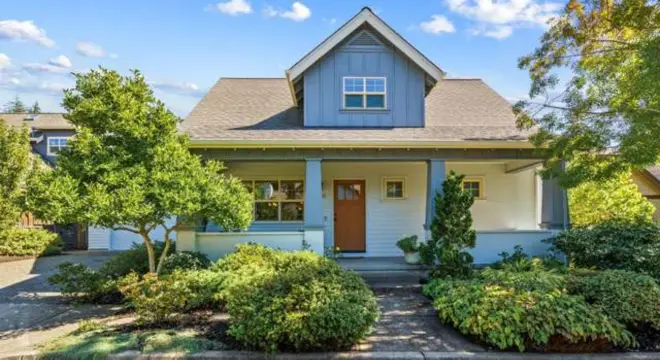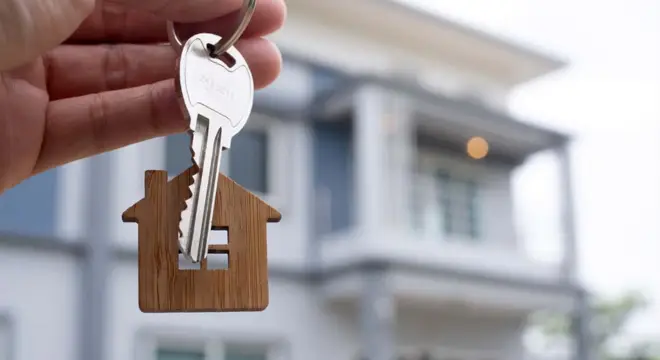Condo Buying? Don’t Miss These 7 Major Red Flags
On paper, everything looks perfect. The location feels right, the kitchen is modern, and the agent swears the HOA is solid. But a few months in, reality shows up. The building’s falling apart, the neighbors are noisy, and surprise special assessments start draining your savings.
I’ve seen it happen more times than I’d like to admit.
Buying a condo isn’t just about granite countertops and square footage. It’s about what’s beneath the surface—financial risks, legal headaches, poor management, and hidden problems that agents rarely mention. And once you close, you’re locked in.
This guide walks you through the biggest red flags I’ve learned to spot—either the hard way, or by watching smart people get burned. If you’re thinking of buying a condo, these are the warning signs you need to know before you sign anything.
Let’s make sure you don’t end up with buyer’s remorse.
Have you already spotted something suspicious in a listing or walkthrough? Tell me below—I’d love to hear what made you pause.
1: The Condo May Be Cheap—But the HOA is a Time Bomb
Unreasonably Low or Unclear HOA Fees
You find a great-looking condo with surprisingly low HOA fees. Sounds like a win, right? Not exactly.
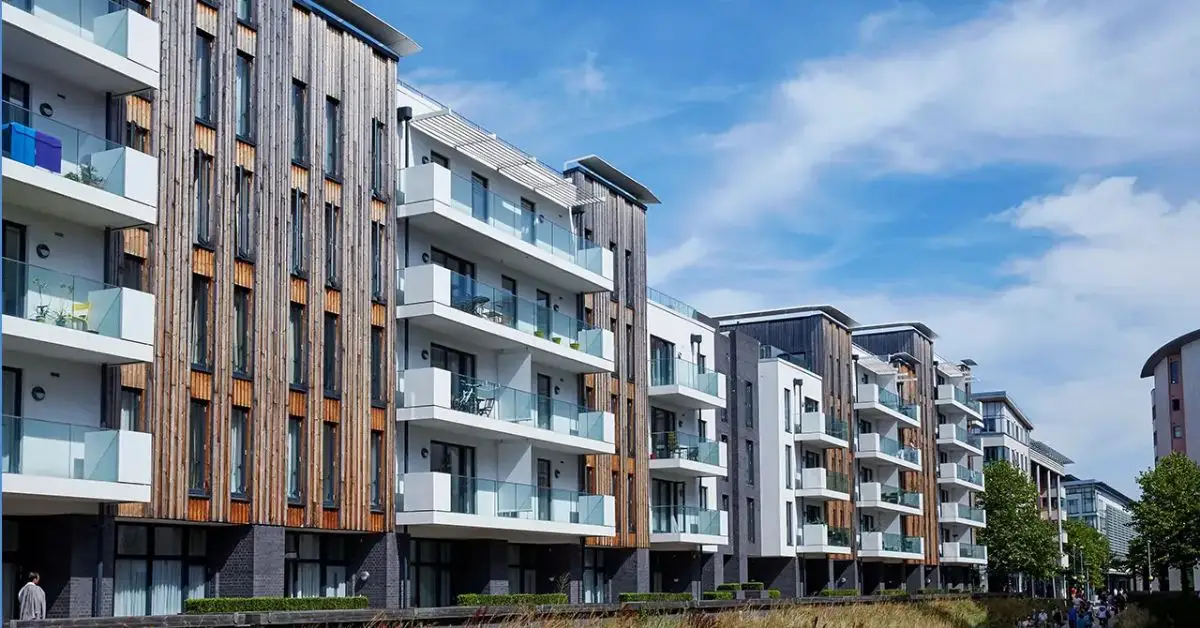
Low monthly dues often mean critical maintenance is being deferred. That roof that hasn’t been replaced in 25 years? The hallway carpets that haven’t been cleaned since the last recession? Someone will have to pay for that eventually—and it might be you.
Before signing anything, ask for the last three years of HOA budgets, reserve studies, and meeting minutes. These documents will show if the HOA is collecting enough to cover big-ticket repairs and whether they’ve planned for emergencies.
Also check if they have a healthy reserve fund. No reserves = future special assessments = financial pain.
Pro tip: Some HOAs deliberately keep fees low to attract buyers, knowing they’ll push costs later through lump-sum assessments.
2: Cracks in the Walls—and on the Paperwork
Poor Building Maintenance or Unresolved Violations
The unit you’re seeing might have fresh paint and new flooring—but don’t get distracted. What’s happening in the common areas matters more.
If you notice peeling paint, cracks in hallways, leaks, or water stains, these aren’t just cosmetic issues. They could point to long-term neglect or structural concerns the HOA hasn’t addressed.
Always request a building-wide inspection report, not just the unit’s. And take it a step further—search city records for any unresolved code violations or complaints filed against the building.
Remember: what looks like a “deal” today can turn into a disaster tomorrow.
3: A Dysfunctional HOA is Worse Than a Bad Landlord

Unresponsive or Overly Controlling Homeowners Association
Sometimes the HOA acts like an overlord—not a neighbor. They can be unreasonable about every little thing: renovation rules, pet permissions, even what color you paint your front door.
And when you try to escalate? Crickets. Many buyers are left waiting for weeks.
That’s why board meeting minutes are gold. You’ll see how decisions are made, how fast (or slow) the board responds—and whether it’s run professionally.
If you really want the truth, hop on Facebook groups or Reddit threads. For example, in this Reddit thread about an unresponsive HOA, one user shared:
“They’re quick to charge fees and penalties… but slow to respond when you actually need them.”
Governance matters. A dysfunctional HOA can quietly ruin your experience and even hurt resale value.
4: The Walls are Thin—And So is the Soundproofing
Poor Construction Quality or Noise Transfer
You love the visuals—but your ears might protest. Thin walls, squeaky floors, shared plumbing—they all scream “livability nightmare” when you’re trying to rest or work from home.
Here’s a simple trick: walk through the unit at night or after hours. Listen for footsteps, TVs, plumbing noises—the details people usually miss during the day.
Also, a high turnover rate—lots of units for sale—often means livability issues. People don’t move so fast unless there’s a problem.
Sound is more than a nuisance—it’s a quality-of-life issue. In fact, building codes even mention Sound Transmission Class (STC) and Impact Insulation Class (IIC) ratings for noise control between units.
5: Too Many Rentals = Red Alert
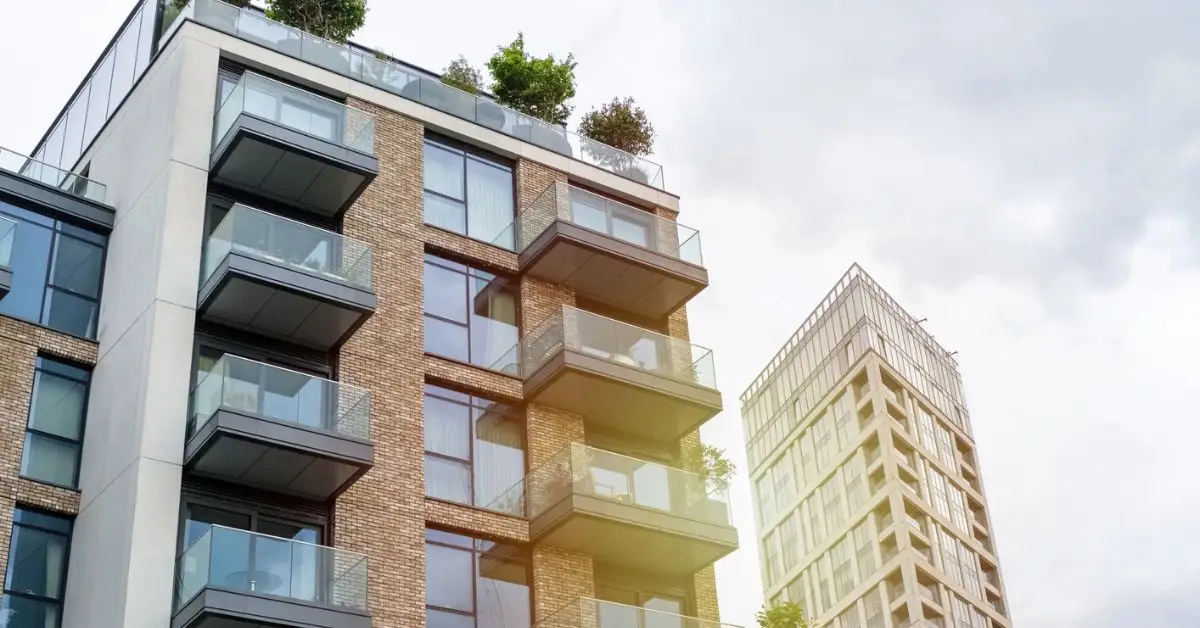
High Ratio of Tenant-Occupied Units
You might think a vibrant mix of owners and renters adds life. But when renters outnumber owners, accountability often disappears—no one’s invested in long-term upkeep.
Plus, lenders notice. A building that doesn’t meet owner-occupancy thresholds can be disqualified for standard loans—something to remember if you’re also helping your parents become homeowners. For example, FHA-approved condos need at least 50% owner-occupied units—exceptions drop it to 35%, but only with tight financial credentials.
So, always ask: “What percentage of units are owner-occupied?” If you get vague answers, that’s your cue to dig deeper.
6: Lawsuits Lurking in the Shadows
Pending Litigation Against the HOA or Developer
Litigation might feel like someone else’s problem—until it becomes yours. Lawsuits against the HOA (or developer) can raise red flags on financing and make lenders nervous—or outright deny approval. If you’re already worried about mortgage eligibility, here’s what you can do if your credit isn’t perfect.
These legal battles often expose hidden troubles like structural defects, governance failures, or financial mismanagement.
Always ask your agent about pending lawsuits, and then Google the HOA name yourself. Even better, use trusted sources—like how the New England Condominium Journal explains the emotional and financial toll ongoing litigation can take on a community—losing trust, board burnout, and sometimes steep assessments.
7: High Turnover = People Are Escaping
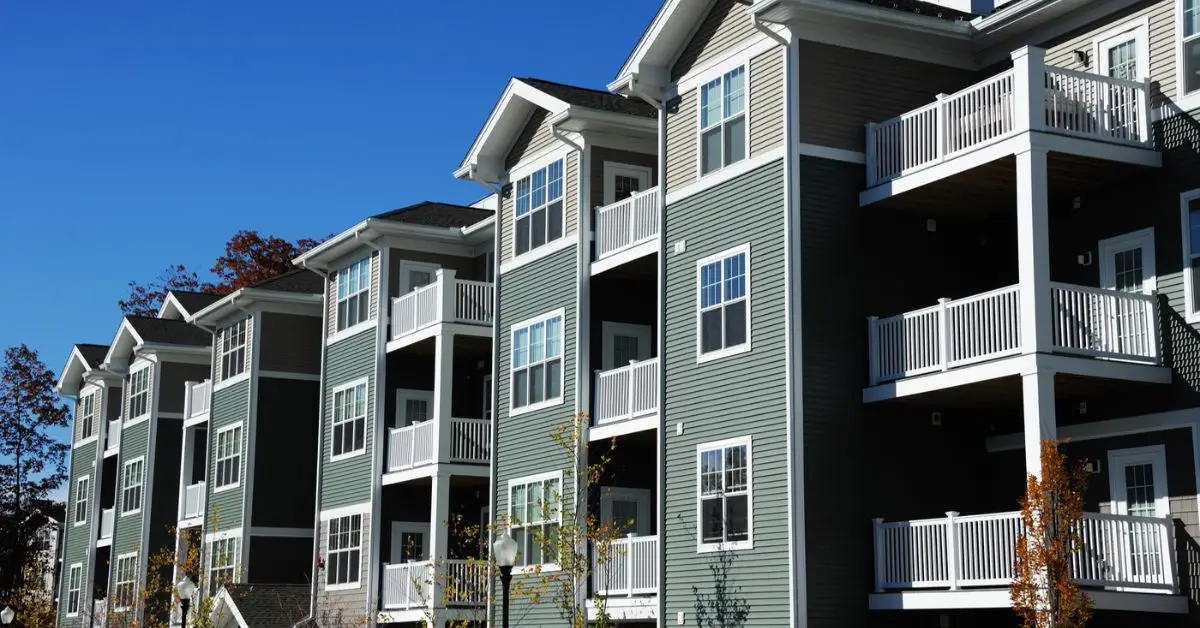
Too Many Listings in the Same Building
One unit for sale? Normal.
Three or four units listed in a small building? Red flag.
High turnover is a hidden warning sign. It usually means something’s wrong—poor management, livability issues, rising fees, or even a toxic community culture.
Before you get serious, hop on Zillow or Redfin and check how many units are up for sale in that building. If it feels like half the place is trying to leave, ask yourself: what do they know that I don’t?
And if you’re already visiting, casually ask a neighbor, “Hey, I noticed a few listings here—just curious, are folks moving out for any particular reason?”
If you’re seeing a pattern, don’t ignore it. High turnover = community unrest.
Quick Checklist Before You Commit
10 Must-Ask Questions Before Closing a Condo Deal
This section is your no-fluff, last-minute filter.
Before signing that agreement, ask these questions—directly, and without hesitation. If any answer is vague or defensive, consider it a red flag. You’d be surprised how many of these overlap with common mistakes first-time buyers make.
Condo Buyer Red Flag Checklist:
- What % of units are owner-occupied?
- How much is in the HOA reserve fund?
- Are there any pending lawsuits?
- Are there recent or upcoming special assessments?
- Can I see the last 3 years of HOA budgets?
- What’s the average response time from the HOA?
- Are there soundproofing or livability complaints?
- Has the building had any major repairs in the past 5 years?
- Are there any restrictions on renting, pets, or remodeling?
- What’s the turnover rate in this complex?
Final Words of Caution for Smart Condo Buyers
Buying a condo isn’t just about square footage, finishes, or location. You’re stepping into a shared system—a budget you don’t control, neighbors you didn’t choose, and rules you’ll have to live by.
And once you sign those papers, there’s no pausing, no refund, and no landlord to call. It’s all on you.
That’s why smart buyers do more than just fall in love with the space. They read the boring documents, ask uncomfortable questions, and look past the staging to see how the building actually runs.
Because at the end of the day, you’re not just buying a home. You’re buying into a community, a governance structure, and a financial ecosystem.
So before you move forward, pause. Double-check what others overlook. Listen to your instincts—but back them up with facts.
And if anything feels off, dig deeper or walk away. The right condo will hold up to hard questions.
The wrong one will fall apart under light pressure.
Choose like your future depends on it—because it does.
Want more smart home buying tips? Visit Build Like New for expert guides, checklists, and real-world insights.
Disclaimer: This article is for informational purposes only and does not constitute legal, financial, or real estate advice. Always consult with a licensed professional before making any property decisions.

